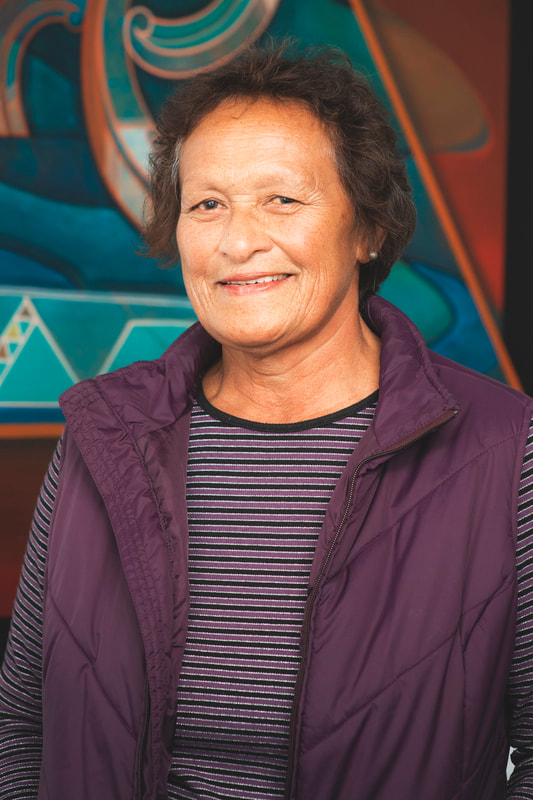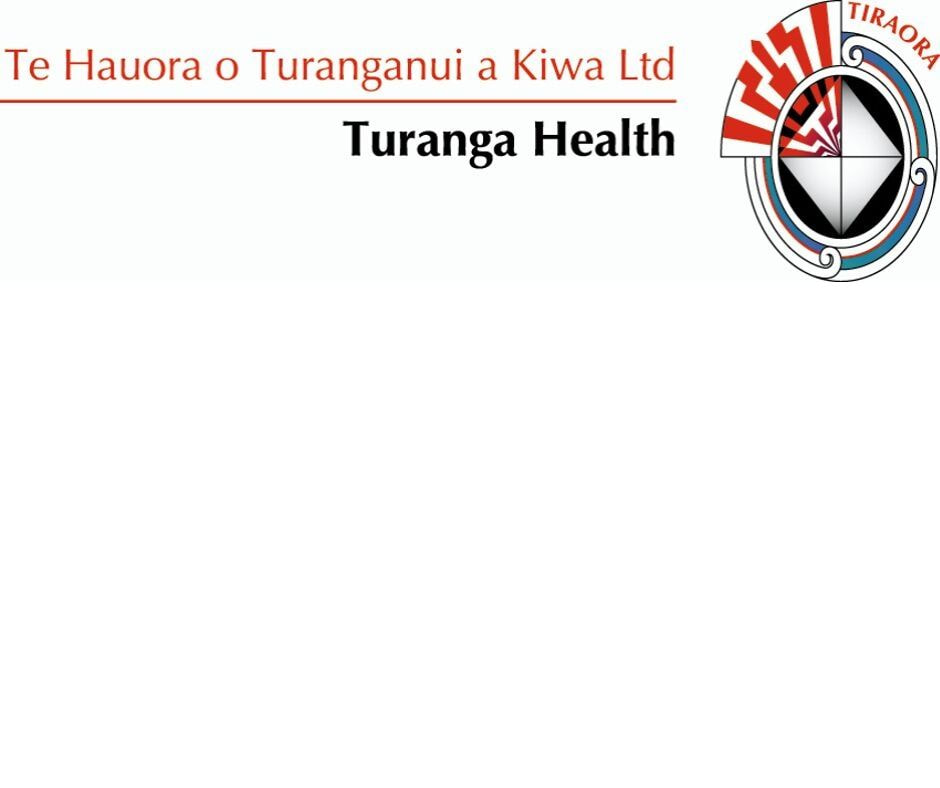 Loiuse Kemp might join the pakeke in their exercise sessions but she's not ready for the kaumātua programme yet! The 69-year-old has put in 21 years of service as a Tūranga Health kaiāwhina and says she’s got more to give. “It’s been a long time, but I've been able to do wonderful, rewarding work,” she says. “I love my job to this very day.” When sourcing kaiāwhina (community health workers) Tūranga Health always looks for a good fit and in 1998, when they were looking for someone to work with pakeke (elders), they knew they’d found it in Louise. Since then, she’s been “an absolute rock”, says chief executive Reweti Ropiha. “She’s been in so many households around the district and seen so many dynamic and changing whānau situations, like being there as people have passed,” he says. “She has a way about her that draws out a high level of confidence and trust. She is the one person they ask for.” Raised by her grandmother at her Muriwai home, as a young woman Louise (Ngai Tāmanuhiri) sought the bright lights of big-city Auckland but returned in the 1980s. Throughout the 1990s she cared for her elderly father so by the time he passed away early in 1998, she was well attuned to the needs of older whānau. “Back then the Kaumātua Programme was small – nothing like the 150 older whānau we work with today – with only a few people going out to the marae for the get-togethers,” she says. “My dad couldn't get around much so having a chance to mix with other kaumātua was a really important outing for him, and that's what got me interested in the work.” As well as working at group events for pakeke, Louise joins Tūranga Health nurses in visiting them at home, working through any issues they might have and helping them access the services they need. “Especially back in the early days, many didn't understand the health issues and systems they were dealing with so when we explain in layman's terms what is happening, they can be confident they know what it means to them.” Tūranga Health chair Pene Brown says when Louise started as a kaiāwhina, their contribution to the health sector was sometimes not fully appreciated. “But we knew what they could bring and in Louise's case we embraced her for the person she was, and melded the job around her. She brought to us some beautiful skills that enabled us to help her grow as a kaiāwhina, and to have the success she has had with our pakeke.”
0 Comments
Leave a Reply. |
Media Releases
Email us if you want to receive our media releases. Archives
February 2024
|


